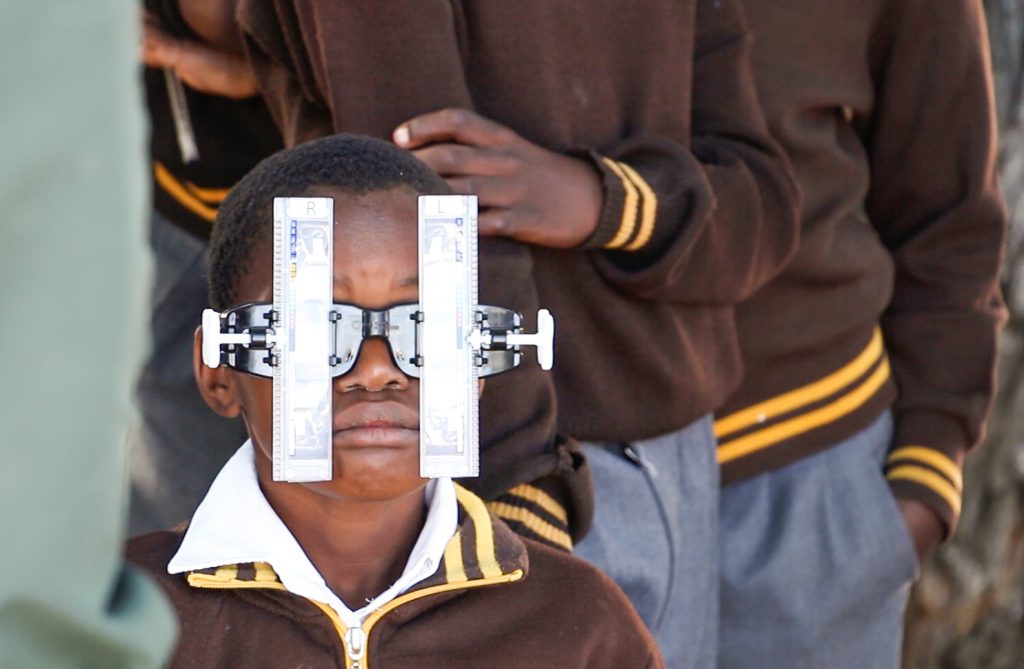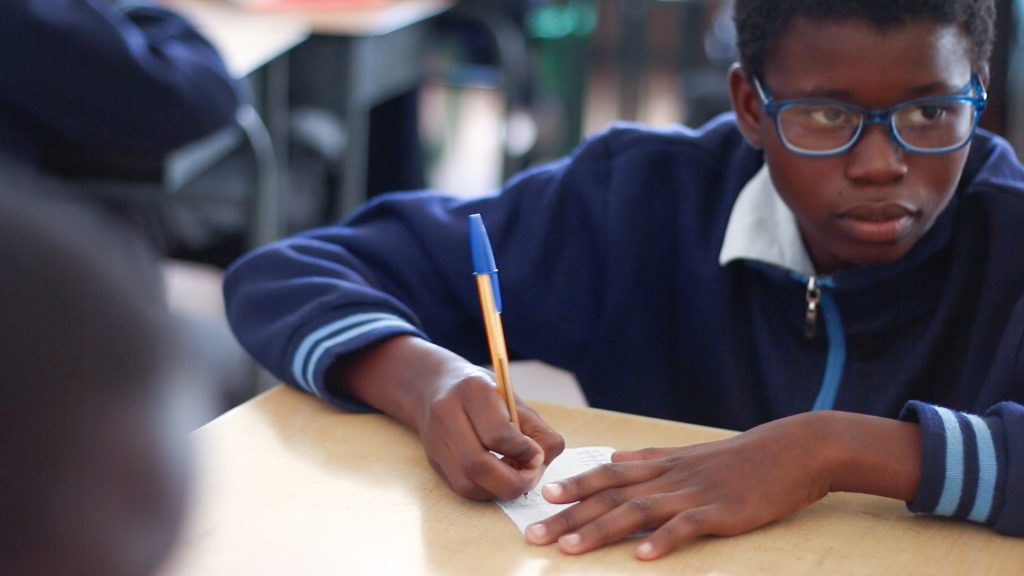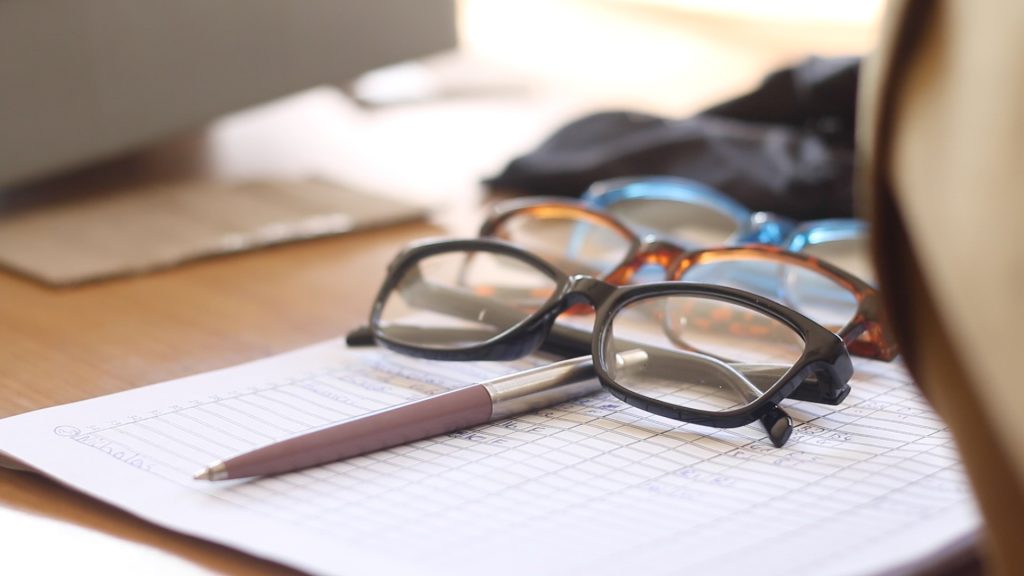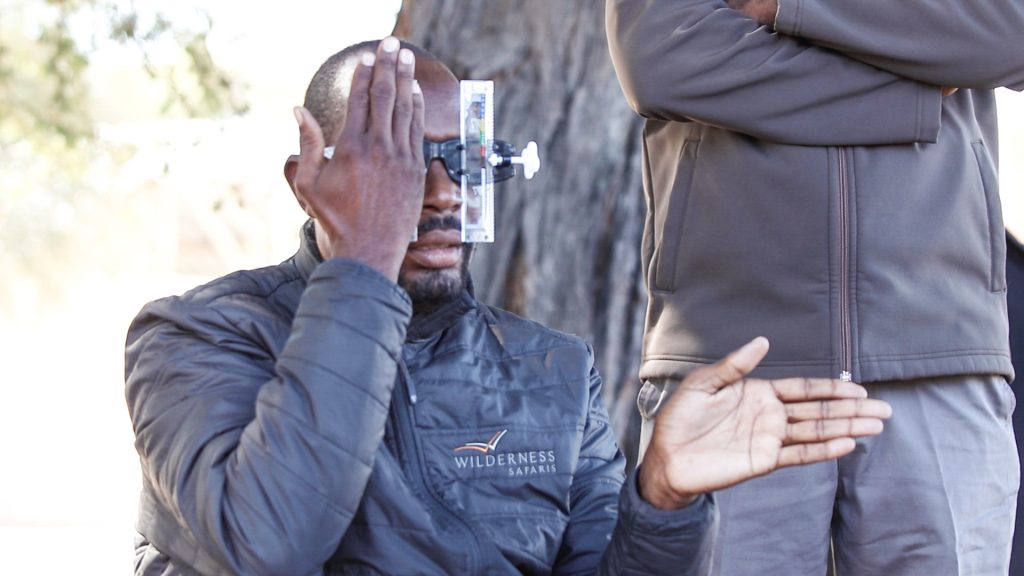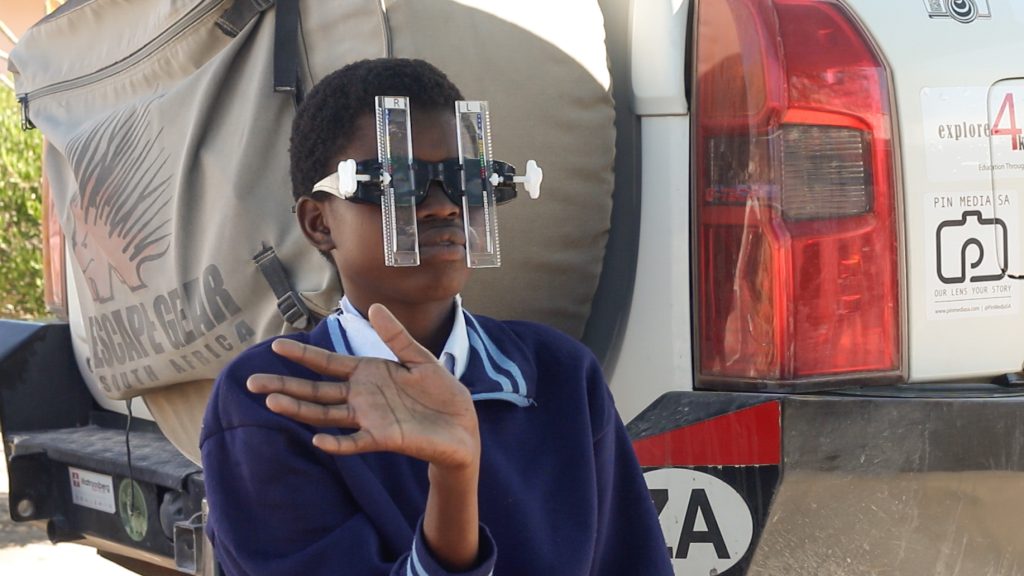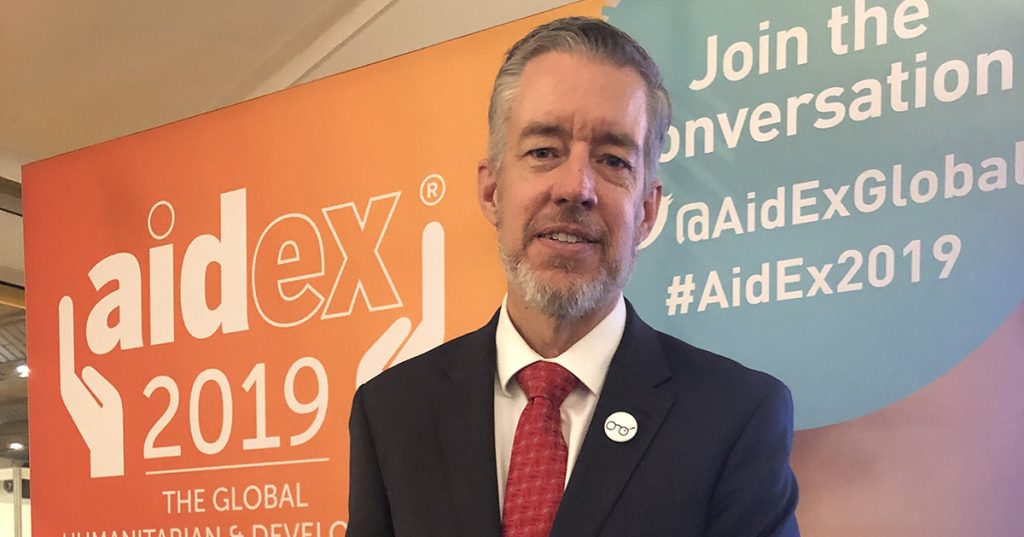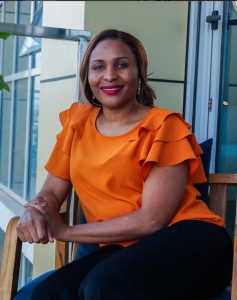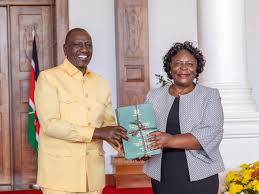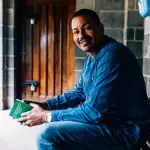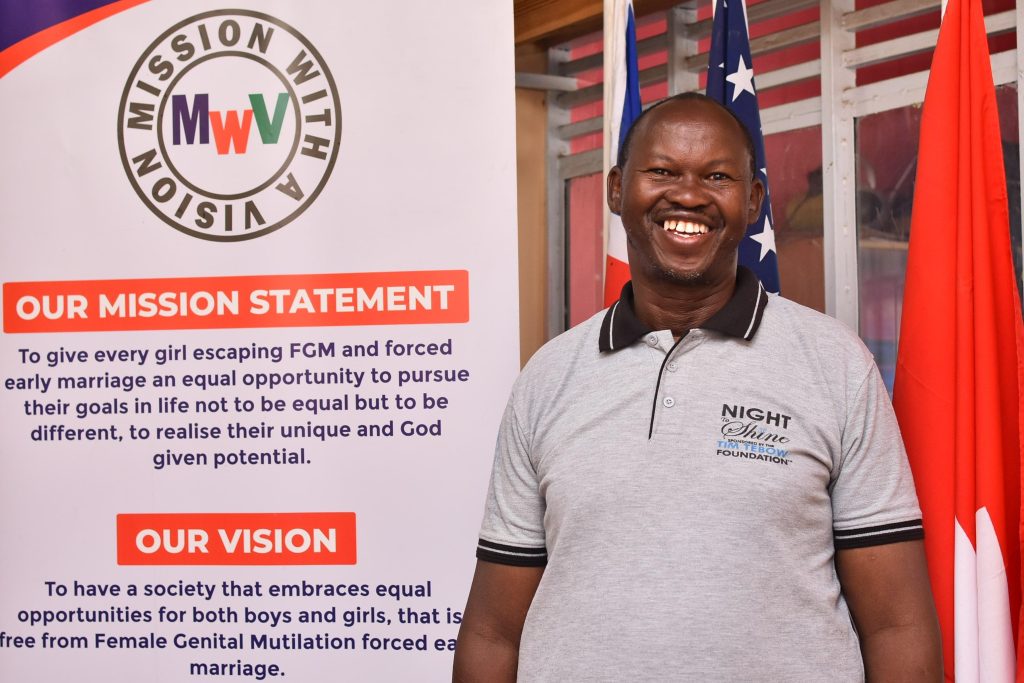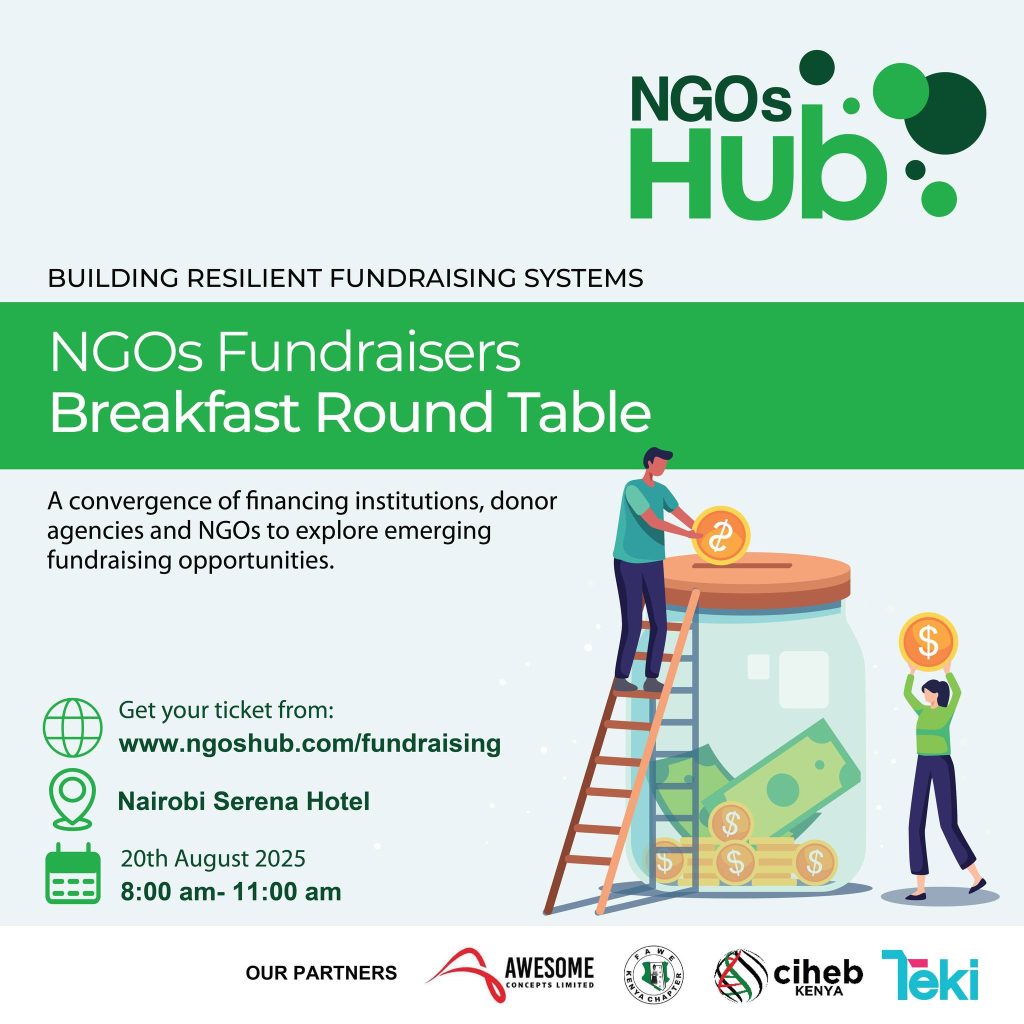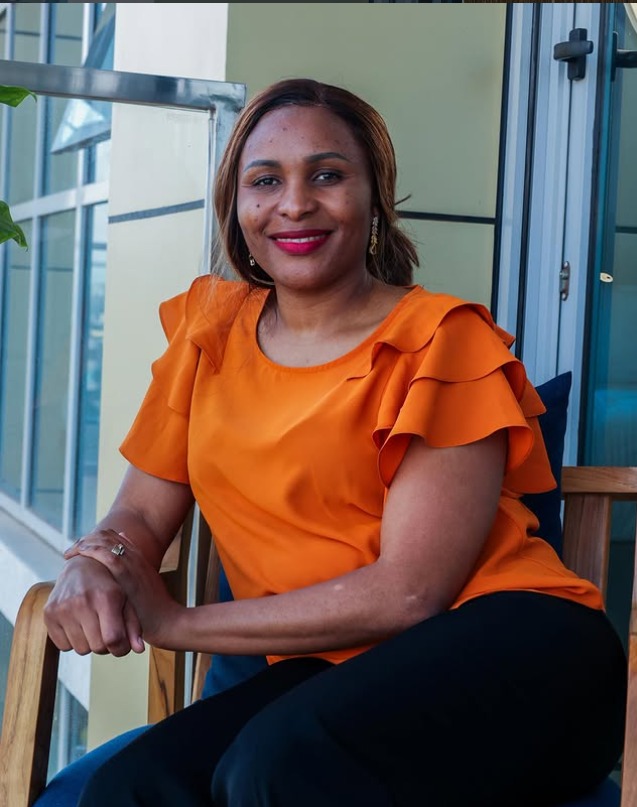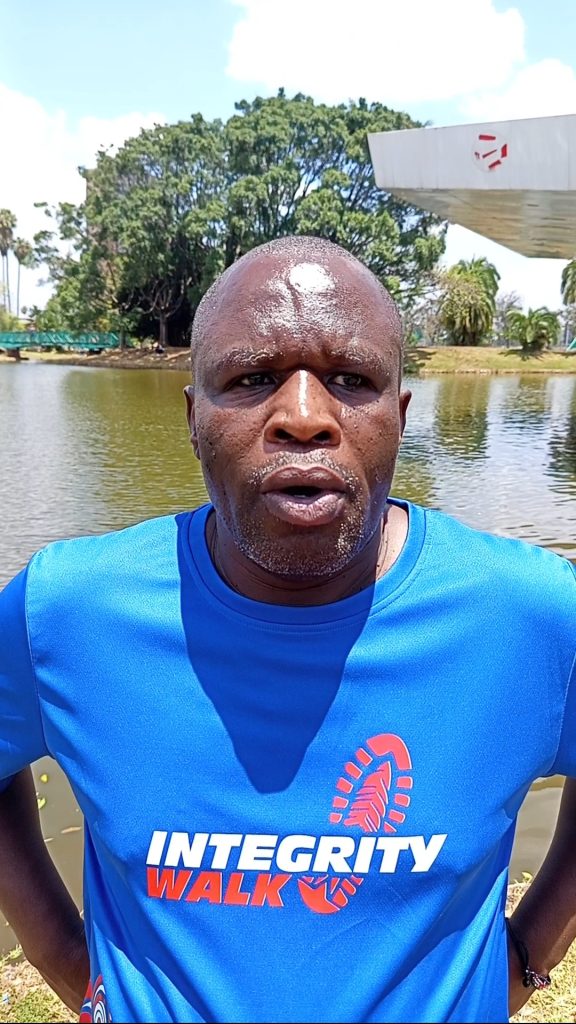By Wahome Ngatia
Kevin White was just seven when he got his first pair of glasses. Decades later, the retired U.S. Marine Corps officer is helping millions see more clearly through Global Vision 2020, a nonprofit delivering affordable eyewear to underserved communities.
While leading humanitarian missions for the U.S. Department of Defense, White visited rural Morocco in 2005. Amid cleft palate surgeries and dental treatments, he noticed how poorly vision care was handled. Auto-refractors—a laser-based tool to assess eyesight—were being used to prescribe glasses, often inaccurately. Patients received eyewear that “sort of” matched their needs. One woman was handed oversized, rose-tinted glasses from the 1980s—and rejected them on the spot.
“That’s when it hit me,” White said. “We need interventions that are affordable, simple enough for local workers to use, and—most importantly—preserve dignity.”
The numbers stunned him. Globally, 2.5 billion people need glasses. Sixty-five percent lack access. In Africa, one optometrist may serve 1.2 million people, far from the recommended 1:50,000 ratio. White calls poor eyesight “the world’s most unmet disability.”
The consequences are staggering: children fall behind in school, adults lose income, and communities suffer. According to the World Health Organization, vision impairment costs the global economy over $400 billion annually in lost productivity.
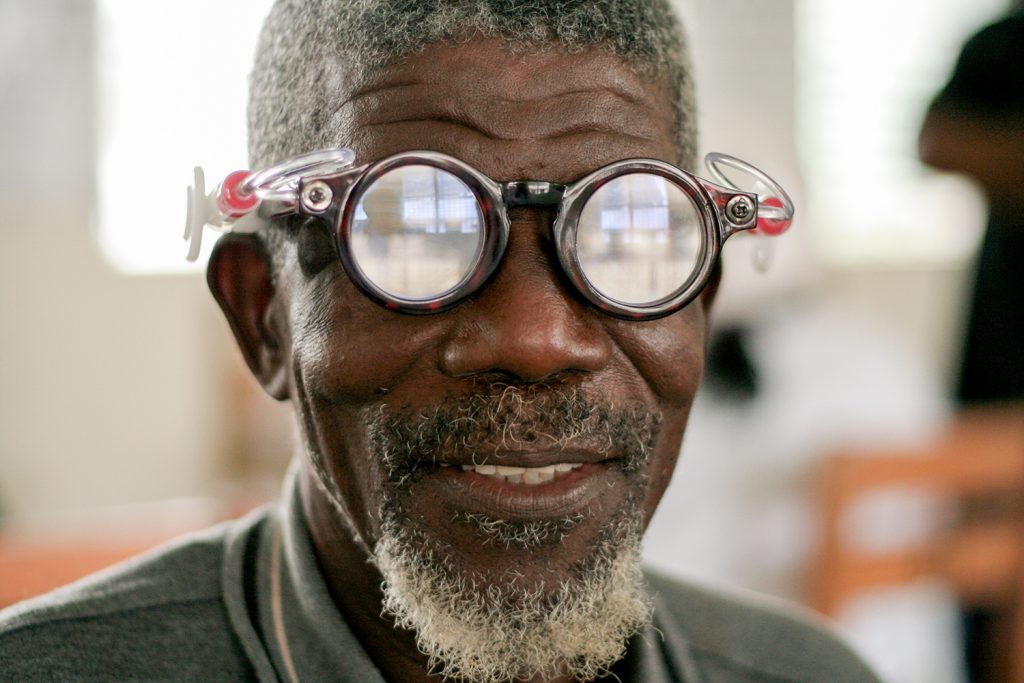
In 2009, after retiring from the Marines, White launched Global Vision 2020. He partnered with Dr. Joshua Silver, a British physicist who had created adjustable glasses using silicone oil to fine-tune lens strength. These “Adspecs” were distributed in 65 countries.
But the technology wasn’t perfect. The fluid-filled lenses lacked durability, could lose calibration, and didn’t always provide accurate prescriptions. Younger users rejected the bulky frames outright.
So White went back to the drawing board—literally. With support from Avient Corporation, he designed a simple diagnostic device that could determine a patient’s prescription without high-tech tools. The result: the USee Kit, patented in 2022.
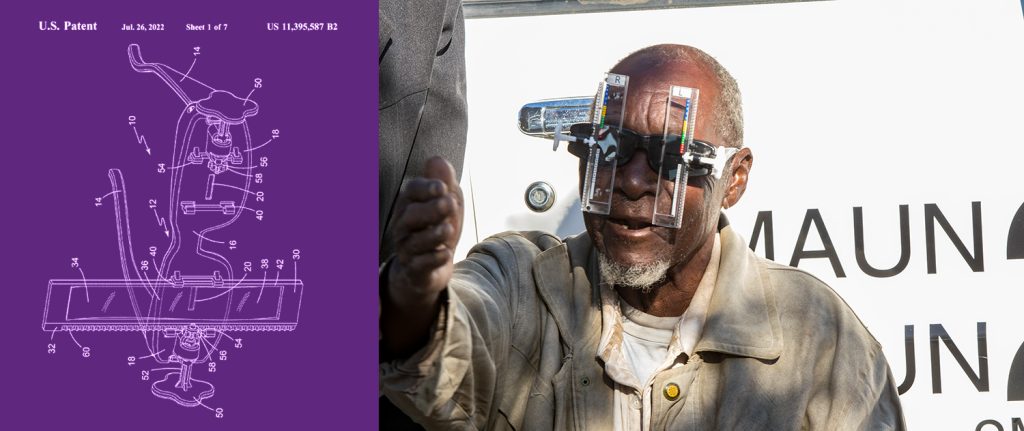
The kit uses color-coded lenses to match each eye’s needs. Once the correct color is identified, corresponding lenses are placed into frames—retailing for $5 or less. The system is easy enough for community health workers to operate, even in remote villages.
By October, GV2020 will have distributed over 1 million pairs of glasses through NGOs, governments, and private partners in 65 countries. In Kenya, they’ve sold glasses in four of the six coastal counties and are working with the Vision 2030 initiative.
The organization operates on a lean budget—just five staff members. Sales cover costs, but GV2020 relies on donations from friends, family, and supporters. White won a $1 million grant from WeWork, which helped scale the mission.
“Our goal is simple,” White said. “When children can see the blackboard, they do better in school. When adults can see clearly, they become more productive. That’s the power of vision.”
From Marine veteran to global changemaker, Kevin White is helping the world see a brighter future—one pair of glasses at a time.
